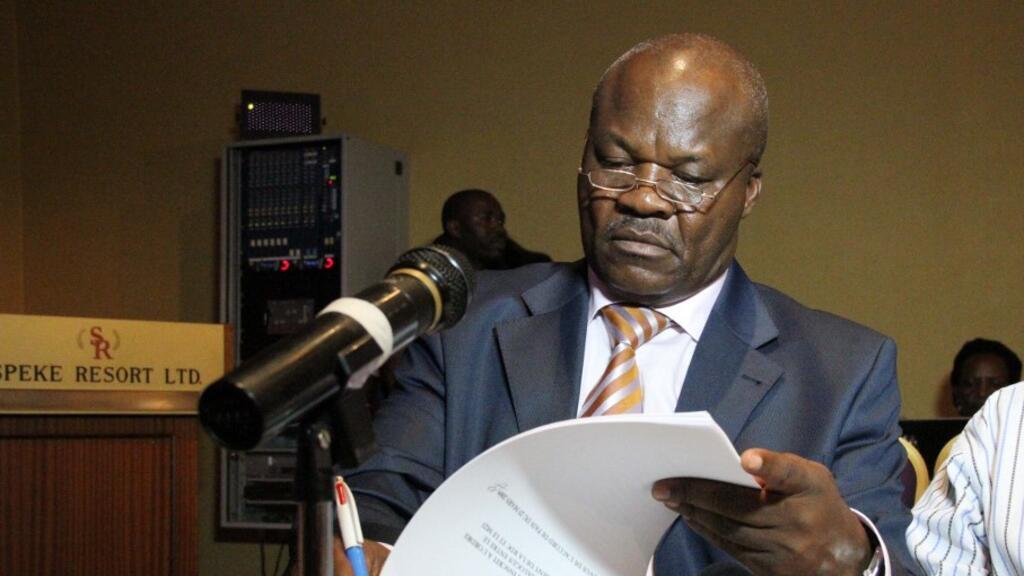News Flash
News Flash

PARIS, Nov 12, 2025 (BSS/AFP) - Former Congolese rebel leader Roger Lumbala Wednesday said France's judiciary was not competent to try him as he went on trial in Paris over atrocities in the eastern Democratic Republic of Congo more than two decades ago.
Lumbala, 67, is accused of complicity in crimes against humanity for his role during the 1998-2003 Second Congo War, during which more than a half-dozen African nations were drawn into the globe's deadliest conflict since World War II.
He was arrested in France, where he owned a flat, in December 2020 and has been held in a Paris prison since.
He is being tried under the principle of universal jurisdiction, conditions for which include that he resides in France and should not be prosecuted on similar charges in his home country.
As his trial opened, Lumbala presented himself as a former trade minister and ex-lawmaker. He denied any wrongdoing and contested the competence of the French justice system to try him.
"Does this not remind you of past centuries?" he said, referring to colonialism.
"Look at the composition of the court. No one really knows what is going on in the country," he said, alluding to the white judges. And there is "an African in the dock".
Later in the day he said he would no longer attend the trial proceedings.
"France is not competent to judge me, you will judge me alone," he said.
- Rape as 'weapon' -
Investigating magistrates describe Lumbala as a warlord who let fighters from his Uganda-backed rebel movement, the Rally of Congolese Democrats and Nationalists (RCD-N), pillage, execute, rape and mutilate with impunity.
The charges centre on the actions of Lumbala's RCD-N in 2002 and 2003 in the northeastern Ituri and Haut-Uele provinces bordering Uganda and modern-day South Sudan, primarily against the Nande and Bambuti pygmy ethnic groups.
French authorities believe RCD-N fighters used rape as a "weapon of war", especially towards women from the Nande and Bambuti communities, which the militia suspected of pro-government sympathies.
United Nations investigators believe the RCD-N's offensive was designed to secure access to the region's resources, which include gold, diamonds and the coltan crucial to the making of mobile phones.
Lumbala, who briefly served as trade minister then ran for president in 2006, insists he was merely a politician with no soldiers or volunteers under his control.
If convicted, he faces a maximum sentence of life imprisonment.
- 'Strong signal'? -
Amnesty International has called the trial "historic", as it was the "first to use the principle of universal jurisdiction for crimes under international law committed in DRC by a Congolese national during the Second Congo War".
Dozens of victims are expected to testify in the more than a month's worth of hearings before the judge is set to hand down their verdict on December 19.
But there are doubts over whether all will be able to make the trip.
The DRC has also previously accused Lumbala of high treason and complicity with the M23 armed group during its first mutiny in the eastern DRC, which ended with its 2013 defeat.
Since taking up arms again, the M23 has seized swathes of the eastern North and South Kivu provinces with Rwanda's support in recent years.
The United Nations likewise believes the militia and its Rwandan allies have committed human rights abuses in the east, though Rwanda denies involvement.
"Holding Lumbala accountable for his actions sends a strong signal in today's ongoing violent conflict in DRC that abuses will be investigated and justice sought," said Samuel Ade Ndasi, a litigation officer with the Minority Rights Group NGO.